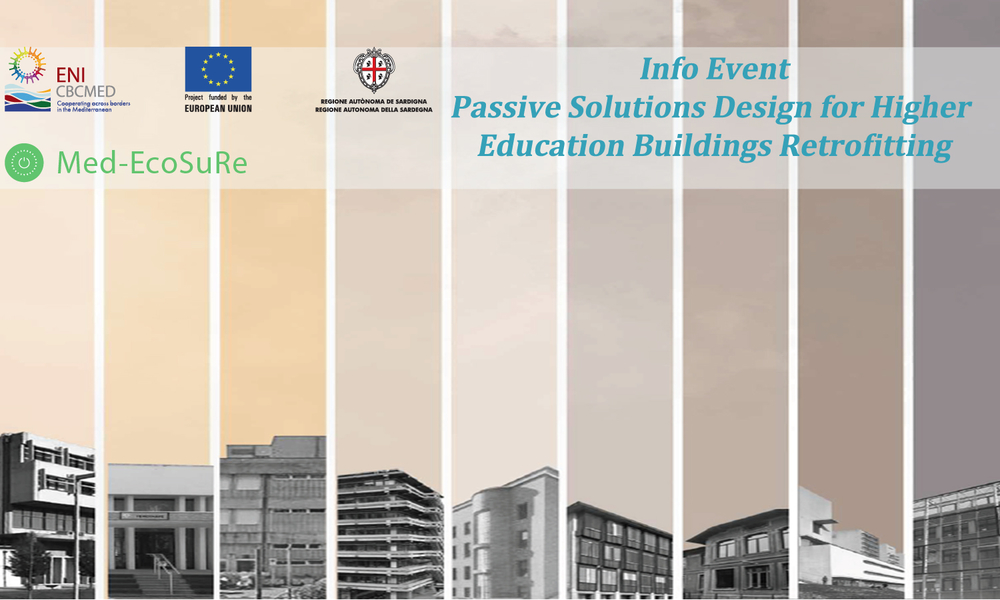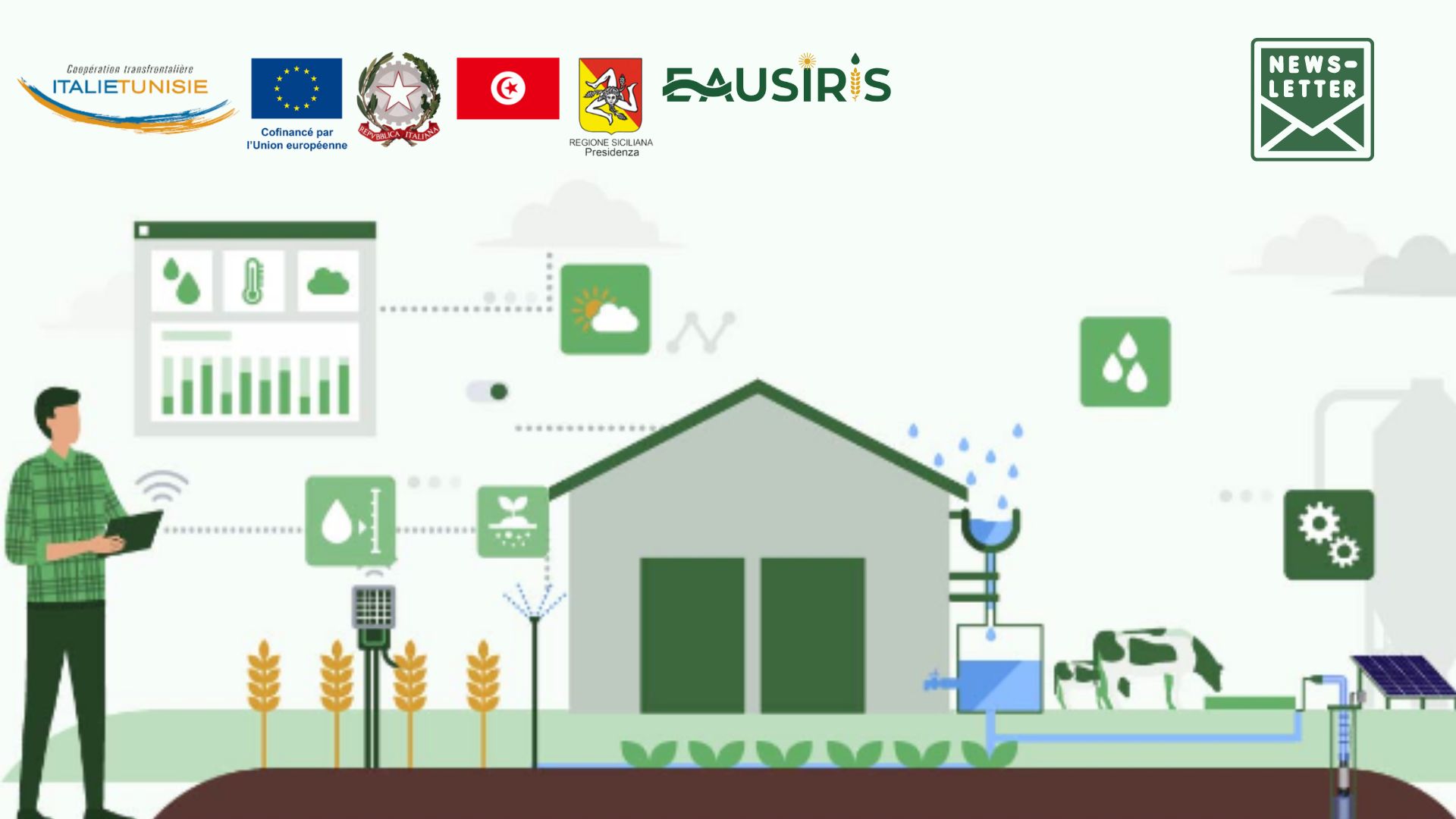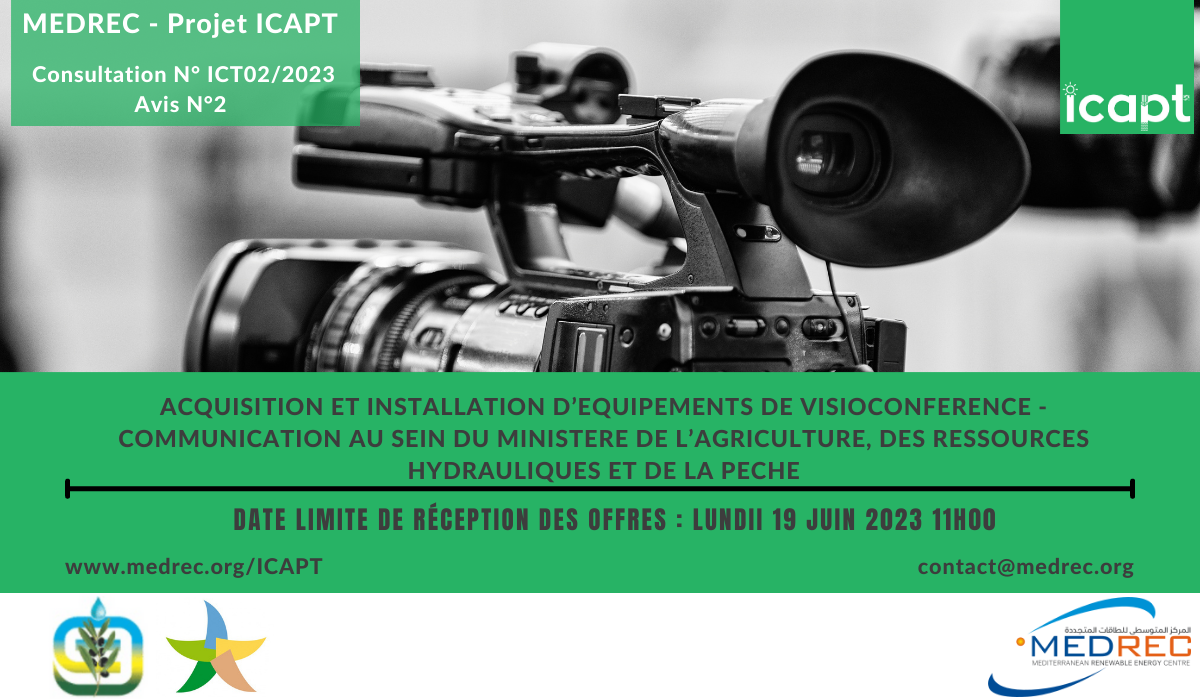
Med-EcoSuRe shares a toolkit on Retrofit as an innovation process
During an info event, hosted by the University of Florence (partner of Med-EcoSuRe project) and held on April 7 2021, a support tool/toolkit for the planning and design of retrofit process in university buildings was shared targeting decision makers and energy managers.
The toolkit of Passive Solutions Design for Higher Education Buildings Retrofitting is an interactive, bottom up and participative (Living Lab) programme of training and education for technicians, energy managers and students on the energy retrofitting of the university building, with a list of suggestions for the management and sharing of experience.
The team of University of Florence shared the structure, the phases of creation of a first version of the toolkit, the model developed in order to predict the behavior of the buildings, and the platform for the data collected from the pilot buildings of the project.

The toolkit presented includes:
- Abacus of existing relevant Mediterranean building passive renovation solutions: A deep literature review was carried out investigating the most recent architectural interventions on university buildings. Based on a defined methodology, case studies were organized to highlight their innovative features, in order to be compared and evaluated. The survey permitted to define an Abacus of innovative solutions for the renovation of higher educational buildings.
Based on a common methodology, the analysis of the single projects gave the possibility to compare them according to a list of identified indicators on energy performances. A comparative critical analysis of the case studies relating to the “Renovation” and “New construction” projects was conducted according to the different indicators analyzed.
Using all the data, it was possible to define a final classification of the projects in terms of cost-efficiency, both in the case of renovations and new construction.
- Innovative scenarios for the energy renovation of high educational building in the Med area: The design process of innovative scenarios and use cases started from the data retrieved from the energy audit and the monitoring of the pilot building, which were inserted in the digital model of pilot building (BIM). Virtual simulations on the building energy performances have been performed and compared with the audit data. Exploiting the abacus of innovative solutions, a number of scenarios of intervention have been defined and tested in the virtual model.

To approach the matter, the project team adopted a participated design process, which make possible to taking into account the contributions of stakeholders involved in the local and cross-border Living Lab.
The development of this toolkit led to the identification of the optimal passive retrofit measures, and their replicability potential for higher education buildings in the Mediterranean area.
An interactive session took place at the end of the event with the aim to calibrate and enrich the first version toolkit developed, with the contribution of all participants.


.jpg)

.jpg)

.jpg)







 03, rue Moslem Ibn Alwalid, Notre dame, Mutuelleville, Tunis 1082
03, rue Moslem Ibn Alwalid, Notre dame, Mutuelleville, Tunis 1082

